Fish stock movement due to climate change prompts national security threat
A major climate change issue has prompted a national security threat for Australia as a “trigger” for regional conflict with China.
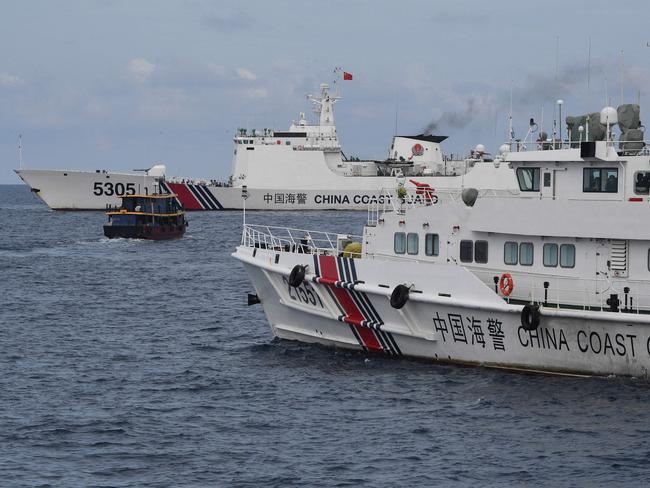
Climate Change
Don't miss out on the headlines from Climate Change. Followed categories will be added to My News.
The movement of the world’s fish populations to the north and south poles is now considered a national security threat amid fears it will bolster Beijing’s claim over the South China Sea and trigger a regional resource war.
A scientific study led by Glasgow University in May made international headlines after it revealed climate change had prompted the majority of fish species to shift to the poles to colder waters.
It was the first global analysis of the impact of rising sea temperatures on 115 species with their movement from the Asia region deemed the most profound.
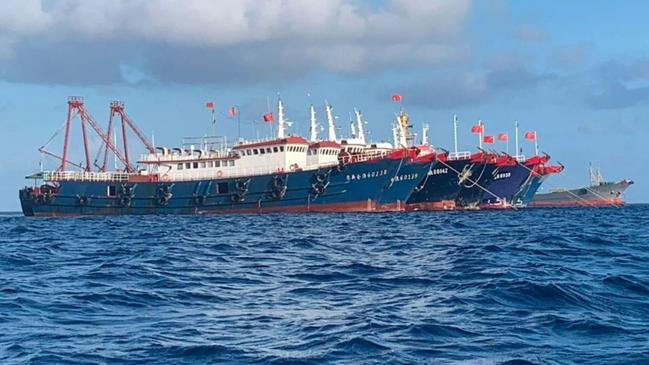
It is understood marine food security is included in the elevation of climate change as an Office of National Intelligence analysis to Defence and Cabinet on a geopolitical stability threat notably about the South China Sea.
Last week Prime Minister Anthony Albanese and Philippines President Ferdinand ‘Bongbong’ Marcos Jr upgraded bilateral ties to a strategic partnership amid rising security challenges notably in the resource rich South China Sea.
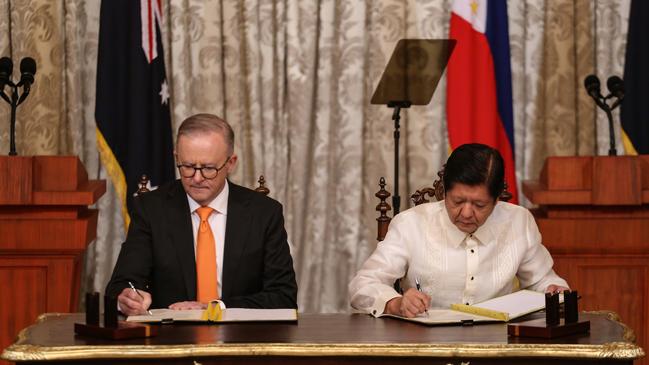
China has claimed sovereignty over most of the waterway – through which almost all Australia’s trade flows through – as well as fish stock resources protected by more than 200 Beijing-backed armed fishing boats, as it accuses countries like Vietnam and Indonesia of plundering marine resources.
The overfished South China Sea and East China Sea generates an estimated US$100 billion in revenue and supports the livelihoods of 3.7 million people.
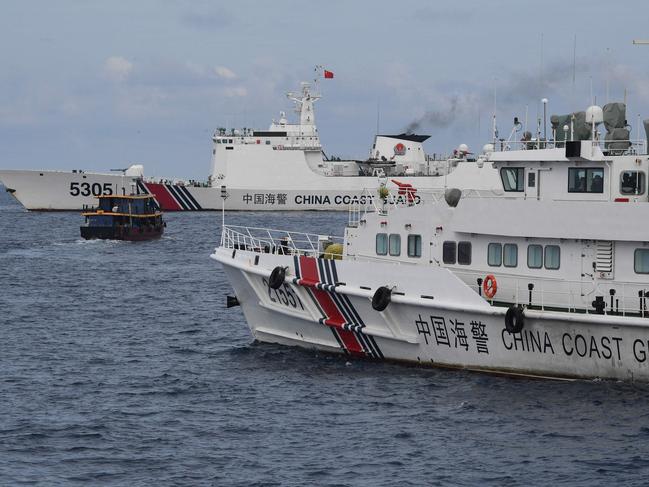
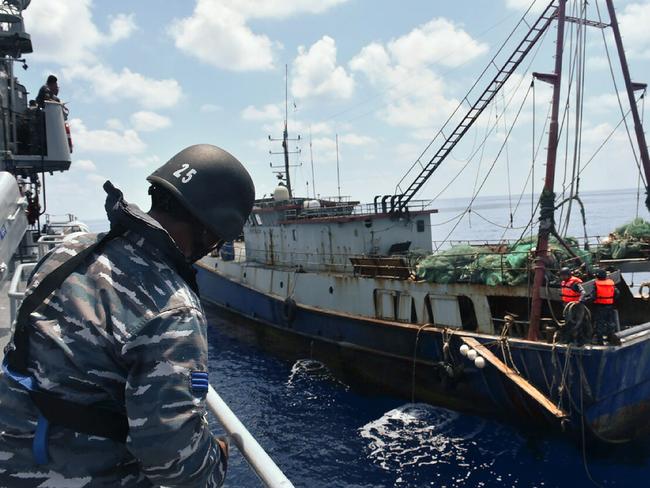
Australian Strategic Policy Institute’s head of climate and security policy Dr Robert Glasser said the mass fish migration was just one of the overlapping climate impacts on Australia’s doorstep that rightly should be classed as national security.
He said food security was amplified by the region’s reliance on fisheries with countries like Indonesia and Philippines deriving 40-50 per cent of their animal-source protein from the sea.

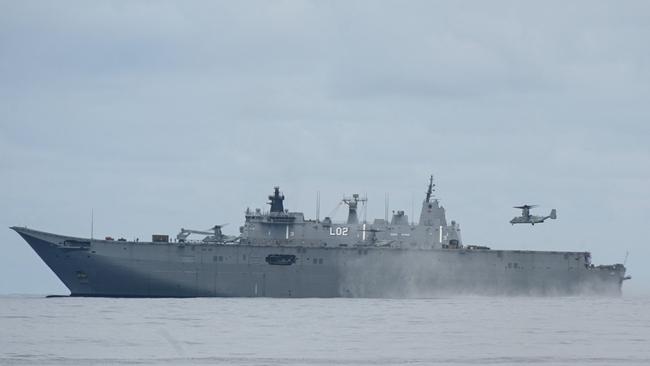
“With climate change we already see fish stocks moving towards the poles to escape warming waters, this is something we’re already seeing,” said Dr Glasser, former Head of the UN’s Office of Disaster Risk Reduction.
“Then fishers chase those fish and the military can move in support of their fishers in confrontations so that’s one area of competition that could increase direct contact (between militaries). There’s already been examples of very close contact and harassment in the South China Sea so that will escalate.”
Last year Dr Glasser co-wrote a report “The Geopolitics of climate security in the Indo-Pacific” looking at climate threats from 2035.
He said if he were writing that today, he would change the premise to 2030.
“I think part of that scenario for 2035 was based on what we were seeing three years ago, but most climate scientists that I speak to would say that in our region, the actual changes we’re seeing are happening much faster than the models. Those models have been generally underestimating the trends and I think everyone’s been shocked at the scale of these changes that are happening simultaneously.”
More Coverage
Originally published as Fish stock movement due to climate change prompts national security threat




